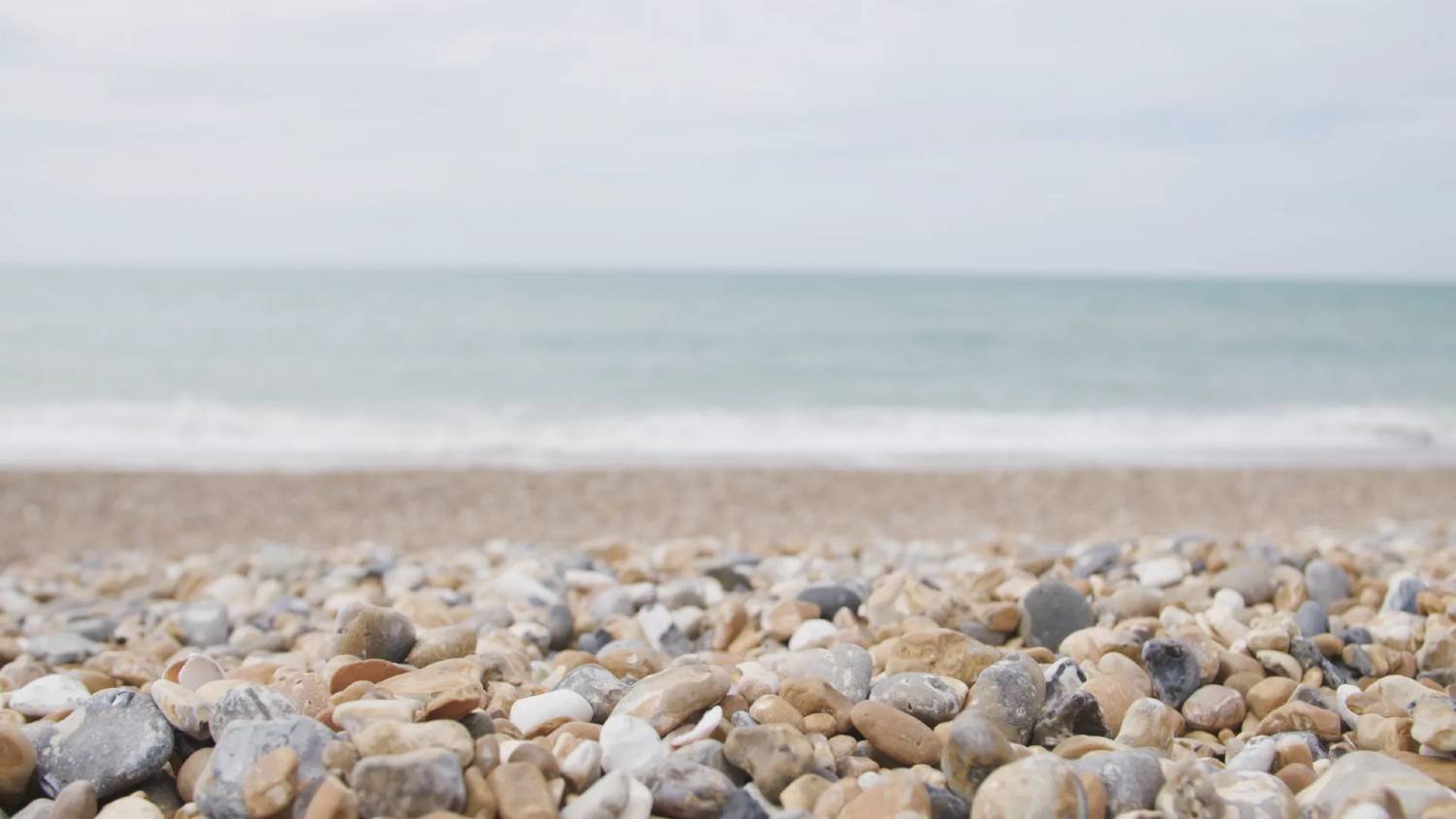S3, E5 Dr Ciaran Byrne, Director, S.E.A.I. on Ireland’s Retrofitting Success Stories, Challenges & Opportunities
- Jackie De Burca
- June 11, 2024
S3, E5: Dr Ciaran Byrne, Director, SEAI on Ireland's Retrofitting Success Stories, Challenges and Opportunities
In this enlightening episode of the Constructive Voices Podcast, Jackie De Burca talks to Dr. Ciaran Byrne, the Director of National Retrofit in Ireland. He offers invaluable insights into the country’s experience to date and the future of retrofitting in Ireland.
About Dr Ciaran Byrne
Dr Ciaran Byrne is currently the Director of the National Retrofit Directorate in Sustainable Energy Authority of Ireland (SEAI). In this position, his key priority is to build the National Retrofit Directorate within SEAI and design the business and financial model capable of mobilising the effective delivery of over 60,000 BER B2 retrofits per annum from 2026 onwards towards 2030.
This is to ensure Ireland’s 2030 targets for CO2 emission reduction from the domestic residential sector can be achieved.
These targets will be achieved through a network of ‘One Stop Shops’, creating a national demand for retrofit amongst homeowners, through marketing, addressing operational bottlenecks, developing smart finance options and raising awareness of the multiple benefits of undertaking a retrofit.

In addition, Dr. Byrne is responsible for scaling several other SEAI programmes including the individual energy grant scheme, the fully funded Warmer Homes grant scheme and the Solar PV scheme to ensure they all contribute, at scale, to Ireland’s CO2 emission reduction targets.
Another priority is activating Sustainable Energy Communities, SEAI’s education and outreach programme and the wider supply chain to build awareness of retrofit and ensure appropriately skilled labour is available to deliver Ireland’s retrofit ambition.
Prior to joining the SEAI, Ciaran held CEO roles in two other Irish State Agencies between 2008 and 2020. Ciaran is a qualified management accountant and served his time working in industry, where he gained a deep understanding of business, and the importance of cost controls and focusing on core strategic objectives.
Ciaran is a Chartered Director and was admitted into the Institute of Directors in 2017, and he has completed a master’s degree in business studies at University College Cork. Ciaran has a degree and Ph.D. in science from Trinity College and has authored several peer reviewed scientific publications.

About the Sustainable Energy Authority of Ireland (S.E.A.I.):
SEAI is Ireland’s national sustainable energy authority. The national organisation works with households, businesses, communities and the government to create a cleaner energy future.
Click through to read more about the Sustainable Energy Authority of Ireland (S.E.A.I)
Retrofitting in Ireland Backstory
Ireland has made significant strides in retrofitting its building stock, aligning with its ambitious climate action goals. The country’s retrofit initiatives are crucial for reducing energy consumption and greenhouse gas emissions from the residential sector, which is a major contributor to overall emissions.
National Goals and Targets
Under the Climate Action Plan 2021, Ireland aims to retrofit 500,000 homes to a minimum Building Energy Rating (BER) of B2 by 2030. Additionally, it plans to install 400,000 heat pumps in existing buildings as part of its broader strategy to cut greenhouse gas emissions by 51% by 2030 and achieve net-zero emissions by 2050 (Retrofit press release) (EUCIEA).
Funding and Support
The Irish government has committed substantial resources to support these retrofitting efforts. Key funding initiatives include:
- National Retrofitting Scheme: This provides substantial grants covering up to 80% of the cost for certain upgrades like attic and cavity wall insulation. These measures are designed to be cost-effective and widely accessible (National Retrofit Strategy).
- Community Energy Grant Scheme: Focuses on improving the energy efficiency of public, commercial, and community buildings. This scheme helps not only individual homeowners but also entire communities, particularly in energy-poor areas (EUCIEA).
- Local Authority Energy Efficiency Retrofit Programme: With significant funding, this program targets local authority-owned homes to achieve high energy efficiency standards
Progress and Challenges
As of recent reports, over 27,000 homes were retrofitted in 2022 alone, with a significant number upgraded to BER B2 standards. This includes focused efforts on improving homes in remote and energy-poor regions through initiatives like the LIFE LEAP program, which supports homeowners in Donegal, Sligo, and Leitrim (EUCIEA) (Sustainable Energy Authority Of Ireland).
Despite these advancements, challenges remain. The high costs and complexity of retrofitting can be a barrier for many homeowners, particularly those in middle-income brackets who may not qualify for extensive grants but still find the upfront costs prohibitive (Sustainable Energy Authority Of Ireland). The government continues to address these challenges by refining grant schemes and supporting community-based approaches to make retrofitting more accessible and affordable.
Future Outlook
Looking ahead, Ireland’s retrofit strategy will continue to evolve with a focus on expanding support mechanisms, enhancing supply chain capabilities, and increasing public awareness and engagement. The government’s long-term commitment includes a robust budget allocation that is expected to stimulate the economy by creating jobs and supporting a sustainable transition to a low-carbon society.
In summary, while Ireland’s retrofitting program is ambitious and progressing well, ongoing efforts are needed to ensure broader accessibility and to meet the country’s climate targets effectively.









Retrofitting in Ireland in 2025
9 months ago[…] audio clips taken from a podcast episode that features Dr. Ciaran Byrne, the Director of National Retrofit at the Sustainable Energy Authority of Ireland (SEAI). You can also hear the full retrofit podcast […]
Lessons From COP With Ireland’s Climate Youth Delegate Beth Doherty
6 months ago[…] O’Brien is an engaged youth advocate in Ireland and internationally. They are studying Philosophy, Political Science, Economics and Sociology […]
Ireland’s Retrofit Race
4 weeks ago[…] Retrofit Race with Dr. Ciarán […]